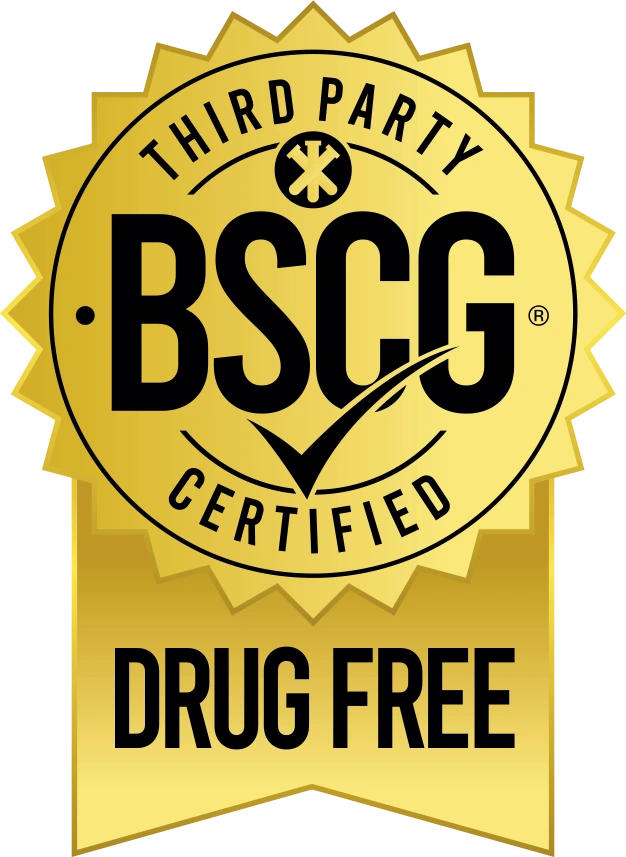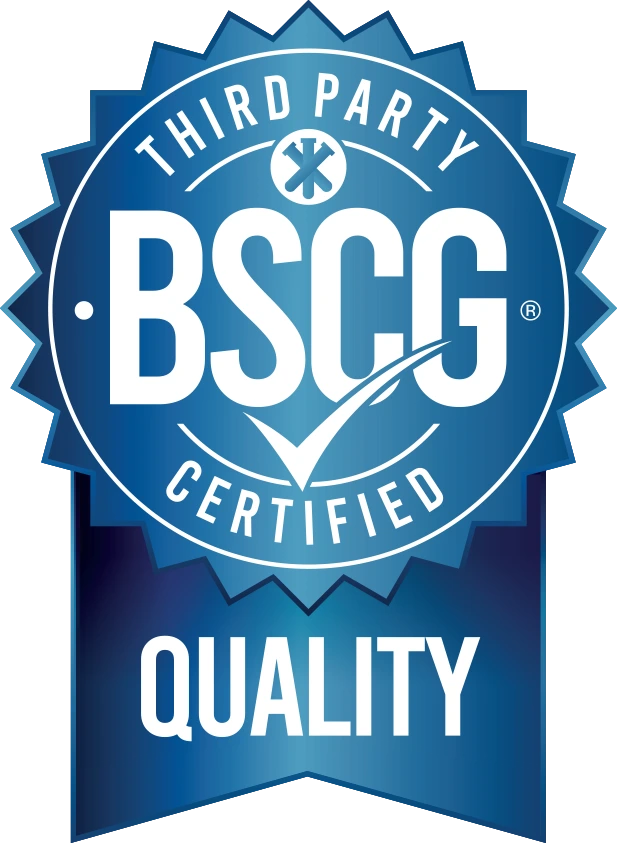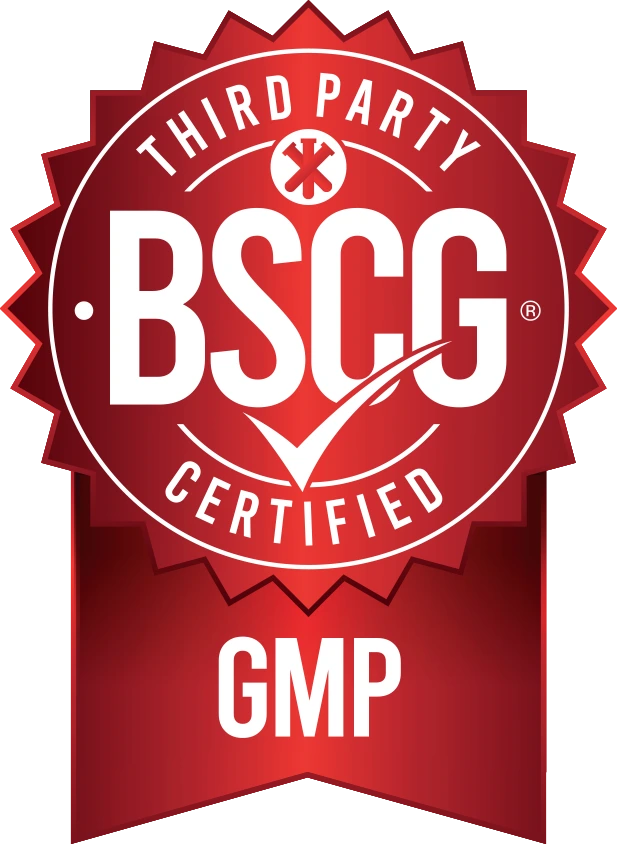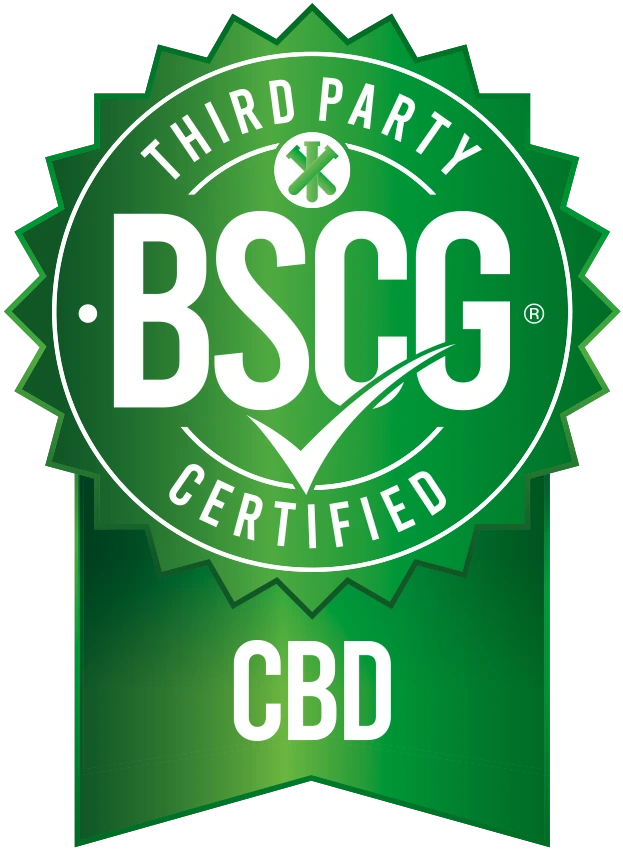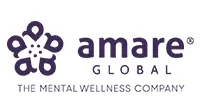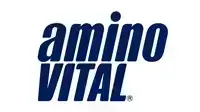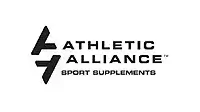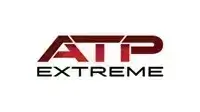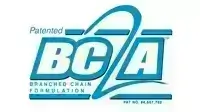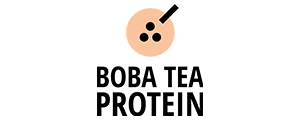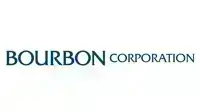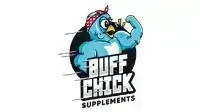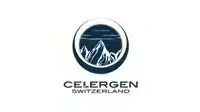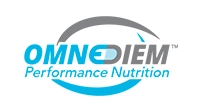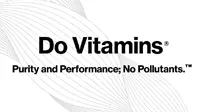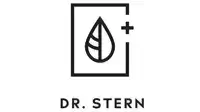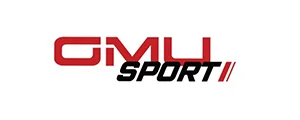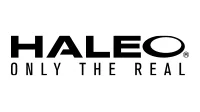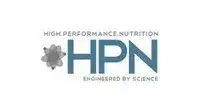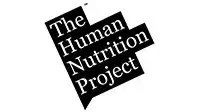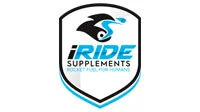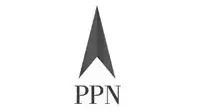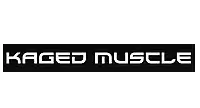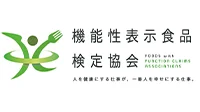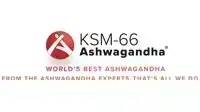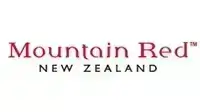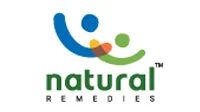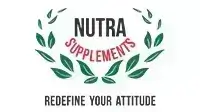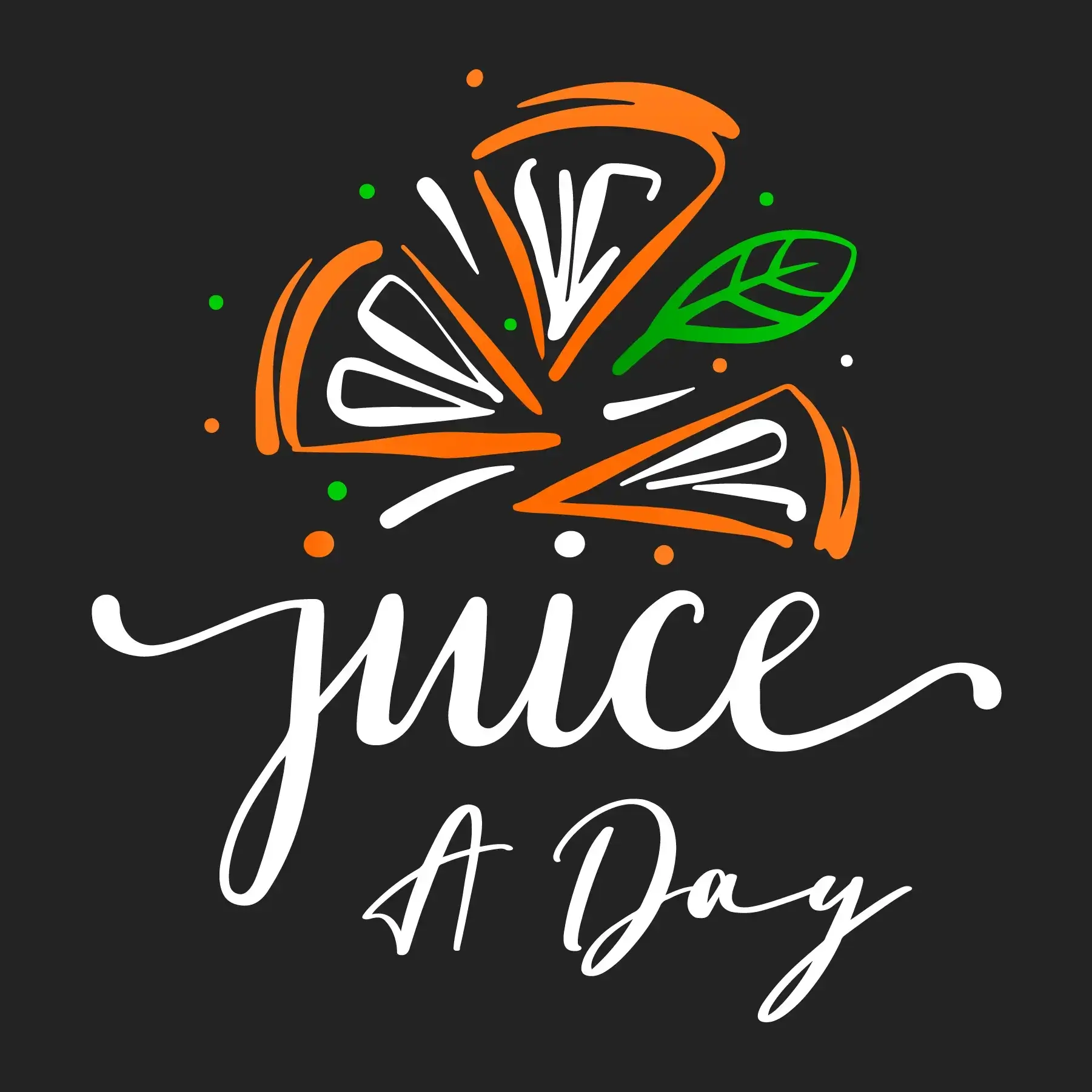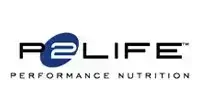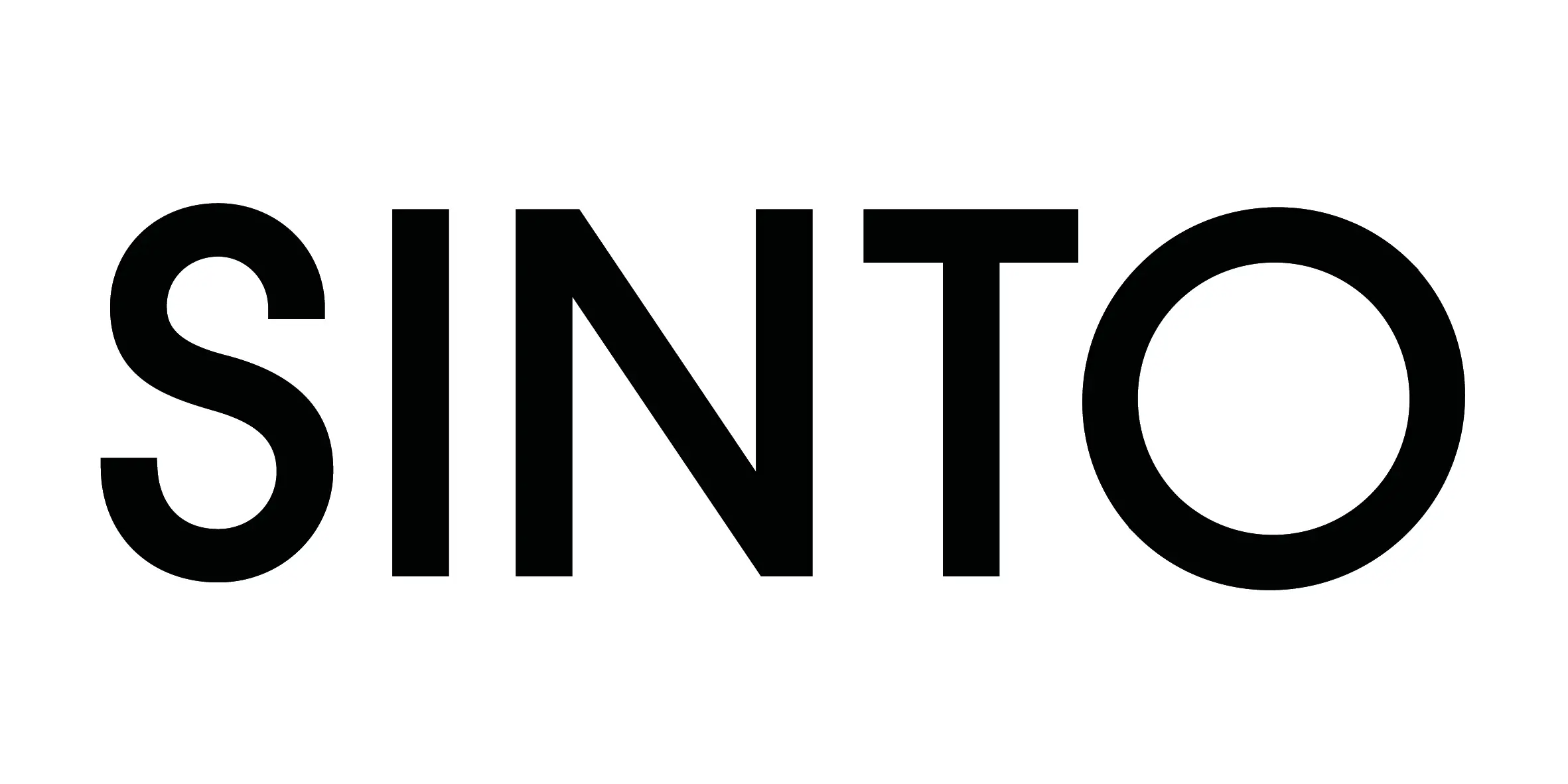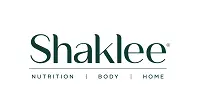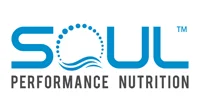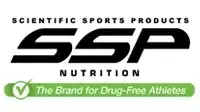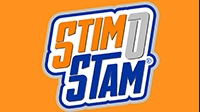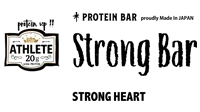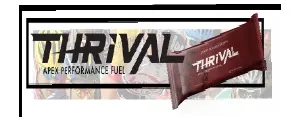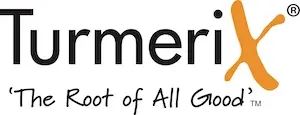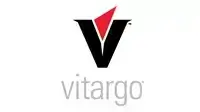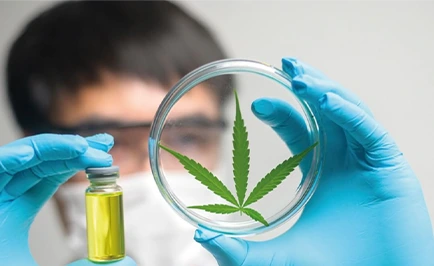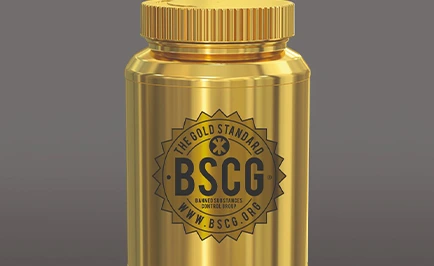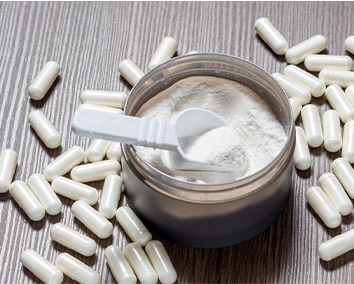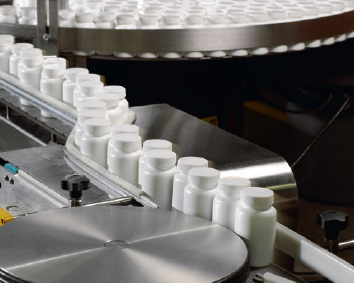Batch Testing for Banned Substances in the Spotlight as Indian Para-Athlete
Oct 22, 2024

Batch Testing for Banned Substances in the Spotlight as Indian Para-Athlete Fails Drug Test Taking a Government Screened Supplement
Imagine losing your shot at Paralympic glory, not thanks to a lack of hard work, but because of a tainted supplement, one you believed had been approved and tested by the government. This shocking reality played out recently in India for para-athlete Rajni Jha. She faced a 12-month ban after testing positive for methyltestosterone—a banned substance found as a contaminant in a whey protein supplement. To make things even worse, the whey protein product, called Nitro 100, even bore the mark Food for Special Dietary Use (FSDU) ‘FSDU for Sportsperson’ of the Food Safety and Standards Authority of India (FSSAI). The mark is meant to ensure safety with strict packaging and labeling regulations and a suggestion that bi-annual testing for banned substances be conducted. Jha believed the product had met all the safety standards, so she was devastated when it turned out to be contaminated. Her story demonstrates that frequency of testing really matters when it comes to designing programs that protect athletes from banned substance contamination. Testing every finished product lot is essential and is something we’ve been committed to in our BSCG Certified Drug Free program for more than 20 years.
Supplement Contamination Cases in India Not Uncommon
Jha’s case isn’t isolated. Shivpal Singh, a former Asian Championships silver medalist in the javelin, tested positive for the anabolic agent methandienone, also known as Dianabol. In 2023, his suspension was reduced from 4 years to one after the National Anti-Doping Agency (NADA) appeal board found that the supplement he had taken was contaminated. Singh did not use a supplement reviewed by FSSAI or that was part of any certification program showing the dangers athletes face when taking products that are not third-party certified. This example represents the primary reason India pursued a mark like the ‘FSDU For Sportsperson’ program in an effort to provide better regulations of certain supplements in India and combat the risks of contaminated products.
FSDU for Sportsperson Only Requires Biannual Banned Substance Testing
Jha’s case might be the canary in the coal mine that exposes some serious gaps in FSSAI’s approach behind the FSDU for Sportsperson mark. During Jha’s appeals process, the Anti-Doping Disciplinary Panel(ADDAP) ruled that she was, in fact, negligent even though she didn’t intentionally take a prohibited substance. “The athlete should have exercised care and caution of consulting a doctor or sports nutritionist before buying and consuming food supplements,” advised the panel. She argued that she should have been able to trust the FSSAI mark.
Jha followed the rules and trusted the system, but it appears the design of the system may have failed her. The FSDU program guidance document says the following, “The following precautions must be taken before claiming that the FSDU for Sportspersons does not contain any prohibited substance as per WADA: 1) Periodical tests, preferably biannually should be conducted by FBO through FSSAI approved labs.” So the program suggests banned substance testing twice a year but does appear to require it.
Excerpts from the FAQs include the following messaging: “When used in the right way and right amount at the right time - they can help an athlete train and compete at their best. In many cases they can be shown to directly enhance performance. FSDU for Sportspersons should be consumed under the guidance of well-informed sports fraternity. If these supplements are produced under good manufacturing practices in compliance with FSSAI and NADA/ WADA requirements and consumed in appropriate dose, FSDU for sportspersons are safe. But the use of FSDU for sportspersons by sportspersons is a serious concern because in many countries the manufacturing and labeling of supplements do not follow strict rules, which may lead to a supplement containing an undeclared substance that is prohibited under anti-doping regulations. A significant number of positive tests have been attributed to the misuse of food supplements and attributing an Adverse Analytical Finding to a poorly labeled dietary supplement is not an adequate defense in a doping hearing. The risks of taking FSDU for sportspersons should be weighed against the potential benefit that may be obtained, and athletes must appreciate the negative consequences of an Anti-Doping Rule Violation as a result of taking a contaminated supplement. Using FSDU for sportspersons that has been subjected to one of the available quality assurance schemes can help to reduce, but not eliminate, the risk of an inadvertent doping infringement.”
To summarize, the FSDU products are safe and can help an athlete enhance their performance but may be contaminated and athletes are responsible if they are. This is very confusing messaging to provide to athletes.
In an interview with the Hindustan Times, Jha made the following comment, “As an athlete, the precautions you take while buying is to see a government approved mark (FSSAI), buy from a well-known store, and read the label, and the products, and at the most do an internet search. If the substance is contaminated, whose fault is this? Nobody provided me with that answer. I lost my dream of competing at the Paralympics.”
BSCG’s Certified Drug Free Program: The Gold Standard for Athletes
Her unfortunate case could have been prevented by using supplements that are part of a third-party certification program that requires every lot to be tested for banned substances like the BSCG Certified Drug Free program. Leading Indian sports nutrition brand Nutra Supplements has been certified by BSCG now for more than a decade. BSCG’s Certified Drug Free program tests every production lot for more than 500 banned substances. The reality is, as was the case for Jha, banned substances can find their way into supplements in any production lot by means of raw material or manufacturing issues that can occur at any time. Testing every lot is critical for athletes who need a dead-set assurance that their supplements are clean. The BSCG Certified Drug Free program has provided that assurance for more than 20 years now, with no certified products ever involved in a positive drug test.
As India continues to face doping scandals tied to contaminated supplements, it’s clear that athletes need better protection. BSCG offers that protection through its industry-leading Certified Drug Free program.
A Safer Path Forward for Indian Athletes
Rajni Jha’s story is a cautionary tale for all athletes, but it doesn’t have to be the norm. Athletes need rigorous, third-party certification to ensure their supplements are clean and free from banned substances. By choosing BSCG Certified Drug Free products, athletes can protect themselves from the devastating consequences of unintentional doping violations. It’s not just Indian athletes who face bans thanks to the evils of contaminated supplements; it’s becoming a global problem that impacts athletes everywhere and erodes the trust in the supplements they use to support their health and performance. For more than 20 years BSCG has provided third-party certification for banned substances that athletes around the world can trust.



